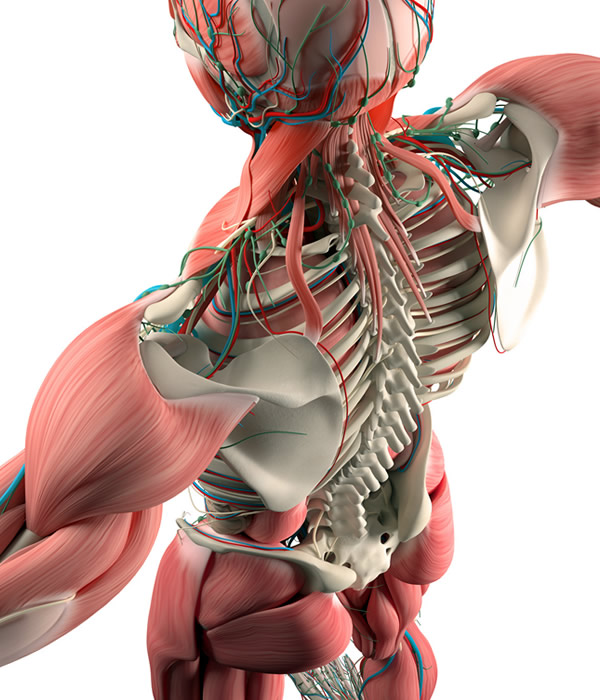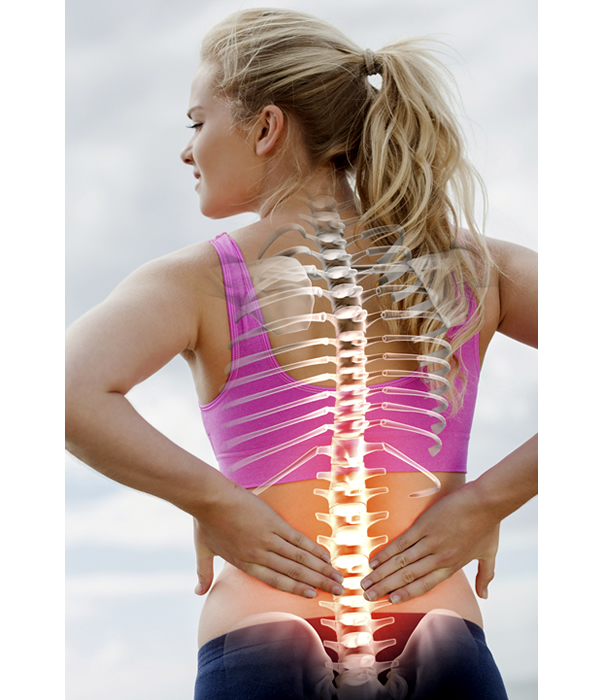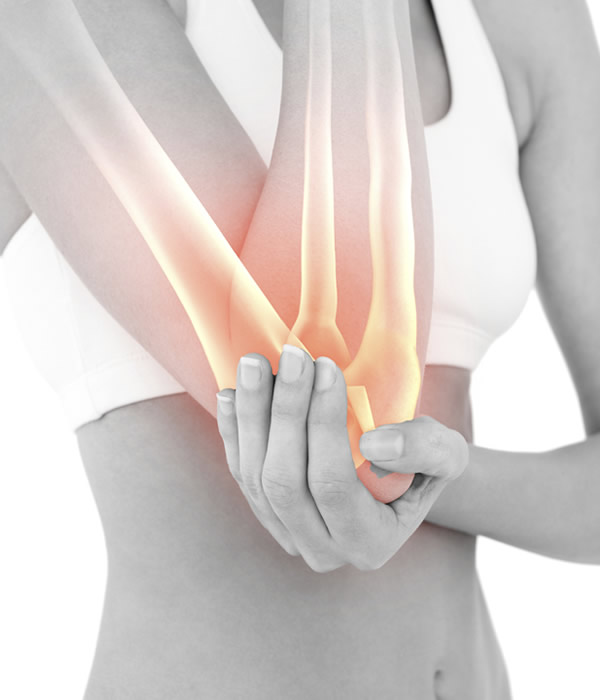What Are Musculoskeletal Disorders (MSDs)?
Musculoskeletal Disorders (MSDs)
Musculoskeletal Disorders (MSDs) are a common and costly problem for people and companies across the United States. Musculoskeletal Disorders or MSDs are injuries and disorders that affect the human body’s movement or musculoskeletal system (i.e. muscles, tendons, ligaments, nerves, discs, blood vessels, etc.).
When a person is exposed to MSD risk factors, they begin to fatigue. When fatigue outruns their body’s recovery system, they develop a musculoskeletal imbalance. Over time, as fatigue continues to outrun recovery and the musculoskeletal imbalance persists, a musculoskeletal disorder develops.
Common MSDs
- Degenerative Disc Disease
- Carpal Tunnel Syndrome
- Tendonitis
- Muscle/Tendo Strain
- Ligament Sprain
- Tension Neck Syndrome
- Thoracic Outlet Compression
- Rotator Cuff Tendonitis
- Epicondylitis
- Radial Tunnel Syndrome
- Digital Neuritis
- Trigger Finger / Thumb
- DeQuervain’s Syndrome
- Mechanical Back Syndrome
- Ruptured / Herniated Disc
- Tension Neck Syndrome
- And Many More…
Symptoms of Musculoskeletal Disorders (MSDs)
Patients with musculoskeletal pain sometimes complain that their entire bodies ache. Their muscles may feel like they have been pulled or overworked. Sometimes, the muscles twitch or burn. Symptoms vary from person to person, but the common symptoms are:
- Pain
- Fatigue
- Sleep Disorders
Individual Risk Factors
- Poor work practices. Workers who use poor work practices, body mechanics and lifting techniques are introducing unnecessary risk factors that can contribute to MSDs. These poor practices create unnecessary stress on their bodies that increases fatigue and decreases their body’s ability to properly recover.
- Poor overall health habits. Workers who smoke, drink excessively, are obese, or exhibit numerous other poor health habits are putting themselves at risk for not only musculoskeletal disorders, but also for other chronic diseases that will shorten their life and health span.
- Poor overall health habits. Workers who smoke, drink excessively, are obese, or exhibit numerous other poor health habits are putting themselves at risk for not only musculoskeletal disorders, but also for other chronic diseases that will shorten their life and health span.
- Poor nutrition, fitness and hydration. For a country as developed as the United States, an alarming number of people are malnourished, dehydrated and at such a poor level of physical fitness that climbing one flight of stairs puts many people out of breath. Workers who do not take care of their bodies are putting themselves at a higher risk of developing musculoskeletal and chronic health problems.
How Chiropractic Care Can Help
Many people are seeking chiropractic services in treating musculoskeletal disorders and for pain relief. Chiropractic care is an alternative type of healthcare that specializes in treating various nerve, muscle, and bone dysfunctions. Chiropractors believe that the primary cause of pain and discomfort is nerve irritation.
Treating musculoskeletal disorders with different chiropractic care has been proven safe effective and safe. Various researchers conducted different studies to establish the efficiency and safety of using chiropractic treatments to relieve pain. This is one of the reasons that chiropractic care is becoming more popular all over the world.
One of the most frequently used chiropractic method in treating musculoskeletal disorders is spinal manipulation or spinal adjustment. Spinal adjustment is done by applying gentle and mild pressures on the spinal area. Licensed and experienced chiropractors only perform this procedure. The primary purpose of this procedure is to realign the standard anatomical structure, curvature and position of the vertebrae of the spinal column.




